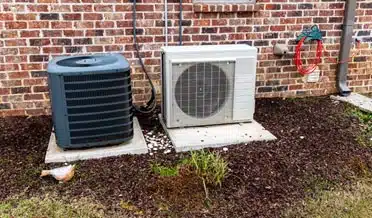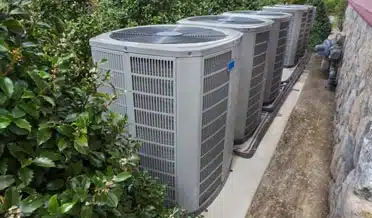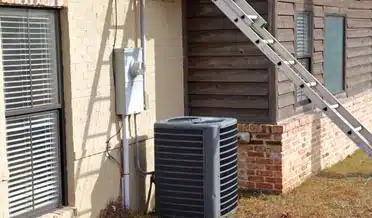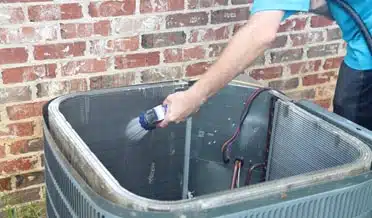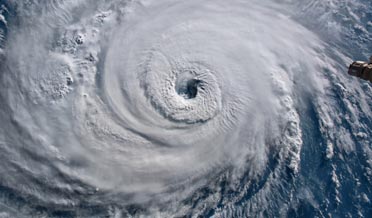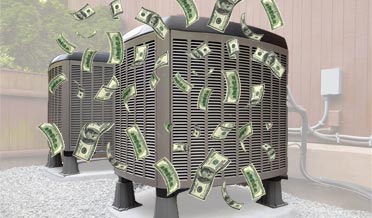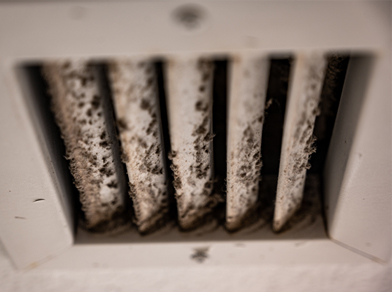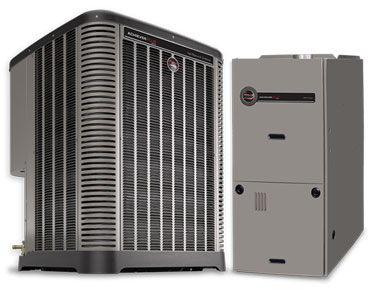Katy Air Conditioning Maintenance Truths for All Homeowners
In the absence of knowledge, sometimes we just assume. When the assumption gets passed on, it becomes a myth and is easily transmitted. Here are a few Katy Air Conditioning Maintenance myths that are still being bandied about and the reality that dispels them.
Shutting the Air Conditioner Off during Vacations Saves Energy/Money
It sounds correct. Should the system run while the home is unoccupied? The myth is built on the assumption that air conditioning is primarily about comfort. Turning the system off for an extended period leads to:
- A crucial function of air conditioning is removing humidity from the indoor air. When the relative humidity exceeds 65%, surfaces feel sticky. The added humidity will ruin painted and finished surfaces, causing peeling and discoloration. In addition, the added humidity will encourage mold and mildew to bloom. The infestation is dangerous and can be very difficult to remove.
- Another function is ventilation—moving and cleaning the air. Returning from vacation to a smelly, hot house will not be the welcome greeting.
- An air conditioner does not just cool the air, it also cools the walls, the flooring, the furniture, etc. Returning the house to the desired temperature requires significant energy. Keeping the whole house cool is much more efficient than restoring it to the desired temperature.
Instead of turning the air conditioner off, turn the thermostat up; setting the temp at 78 to 80 degrees will call for enough cooling cycle to remove humidity and keep the air moving. Returning the house to the desired temperature is much easier this way.
*A related myth is that closing the vents in an unused room will save energy. The air conditioner will still attempt to cool that space by forcing air around the door. It will also make that room unhealthy.
Bigger is Better/Smaller is Superior
Being extravagant or frugal when replacing an air conditioner might seem to make sense, but these approaches will not produce the desired results.
- A larger-than-necessary air conditioner will cool a space too quickly, creating short, but frequent cooling cycles. Not only does it cause excessive wear on the electronics, but the short cooling cycle does not adequately remove humidity.
- A smaller-than-necessary air conditioner will run longer than it should and struggle to cool the space during periods of extreme heat. It puts unnecessary stress on the components and uses more energy than necessary.
- Air conditioning technicians will complete a load calculation study to determine the proper “size” air conditioner. This ensures the system will function properly and efficiently for the maximum length of time. The technician will gather information concerning square footage, ceiling heights, size and number of doors/windows, and insulation materials. This helps determine the cooling that is needed by each unique home.
Air Conditioners Function Well Without Maintenance
There is never a doubt that vehicles of any size or type need periodic maintenance. The same is true of cooking and laundry appliances. Why do homeowners believe that a complex heat and air conditioning system can perform efficiently without regular maintenance?
- Air conditioners employ electronic controls, gas chemistry, and mechanical components to perform precise activities within well-designed controls. These processes need adjustments and testing.
- The environment is filled with contaminants that stick to surfaces and block the energy transfer necessary for indoor air conditioning.
- The system components are so interdependent that stress or failure in one necessary part spreads the stress to other parts.
Katy Air Conditioning Maintenance is tricky!
Let us help keep you cool this summer. Schedule your Katy Air Conditioning Maintenance consultation by calling All Cool AC & Heating at 281-238-9292 or contact us via email and let our NATE-certified Katy Air Conditioning Maintenance technicians put their experience to work for you.

